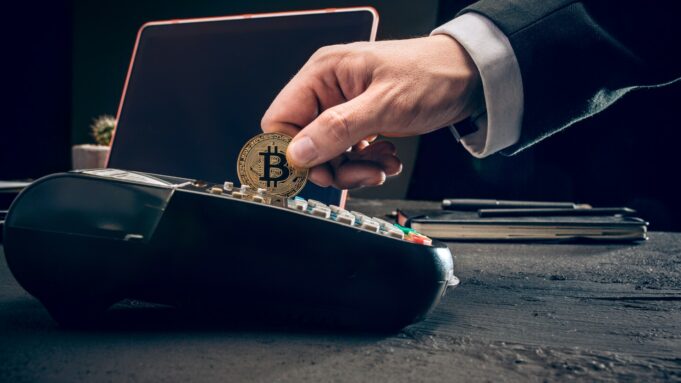Bitcoin has been gaining traction as a popular digital currency in the last decade. One of the key features of Bitcoin is its decentralized nature, which means that it does not require a central authority to operate. Transactions are validated by a network of users, and the currency is created through a process called mining. In this process, users compete to solve complex mathematical problems, and the winner is rewarded with newly created Bitcoins. This reward is known as a block reward.
While the process of mining and block rewards is essential for the operation of the Bitcoin network, it has significant implications for user privacy. In this article, we will explore the connection between block rewards and Bitcoin’s user privacy, and how it affects the security of the network.
Block Rewards and Bitcoin’s Public Ledger
One of the key features of Bitcoin is its public ledger, known as the blockchain. This ledger records every transaction that has ever taken place on the network. It is transparent and immutable, which means that once a transaction is recorded, it cannot be altered or deleted.
The blockchain is maintained by a network of users, known as nodes. These nodes validate transactions and ensure that they comply with the network’s rules. When a transaction is validated, it is added to a block of transactions. The block is then added to the blockchain, and the user who validated the block is rewarded with newly created Bitcoins.
This reward system is known as a block reward. The current block reward for Bitcoin is 6.25 BTC, which is given to the user who successfully validates a block of transactions. This reward is halved every 210,000 blocks, which means that the number of newly created Bitcoins decreases over time.
The block reward system has significant implications for user privacy. While the blockchain is transparent, it does not reveal the identity of the users involved in the transaction. Instead, users are identified by their public keys, which are essentially their Bitcoin addresses.
However, when a user receives a block reward, their public key is revealed to the network. This is because the block reward transaction is a special transaction that is different from regular transactions. It is created automatically by the network, and it includes the public key of the user who validated the block.
This means that the user who receives a block reward can be identified by their public key. While this information does not reveal the user’s identity directly, it can be used to link their Bitcoin transactions together. This can potentially compromise their privacy and anonymity on the network.
Block Rewards and User Anonymity
Bitcoin is often touted as an anonymous currency, but this is not entirely true. While transactions on the network are pseudonymous, they are not completely anonymous. It is possible to link transactions together and trace them back to their source.
This is where block rewards come into play. When a user receives a block reward, their public key is revealed to the network. This information can be used to link their transactions together and trace them back to their identity.
For example, if a user receives a block reward and then uses those Bitcoins to make a purchase, the public key associated with the block reward can be linked to the public key used for the purchase. This can potentially reveal the user’s identity and compromise their anonymity on the network.
Block Rewards and Network Security
While block rewards have implications for user privacy, they are also essential for the security of the Bitcoin network. The block reward system incentivizes users to validate transactions and maintain the blockchain.
Without block rewards, there would be no incentive for users to validate transactions. This could potentially lead to a situation where transactions are not validated, and the network grinds to a halt.
The block reward system also ensures that the network remains secure. The process of mining requires users to solve complex mathematical problems, which ensures that the network is protected against attackers.
If block rewards were removed, the network would be vulnerable to 51% attacks. In a 51% attack, a group of users controls more than 50% of the network’s computing power. This allows them to validate fraudulent transactions and potentially double-spend Bitcoins.
Conclusion
In conclusion, block rewards are an essential part of the Bitcoin network. They incentivize users to validate transactions and maintain the blockchain, which ensures the security of the network. However, block rewards also have implications for user privacy. When a user receives a block reward, their public key is revealed to the network, which can potentially compromise their anonymity.
As Bitcoin continues to gain popularity, it is important to find a balance between the need for block rewards and user privacy. One potential solution is to implement privacy-enhancing technologies, such as mixers or tumblers, which can help to obfuscate transactions and maintain user anonymity.
Overall, the connection between block rewards and Bitcoin’s user privacy is an important issue that needs to be addressed. By finding a balance between security and privacy, we can ensure that Bitcoin remains a secure and decentralized currency for years to come.

























